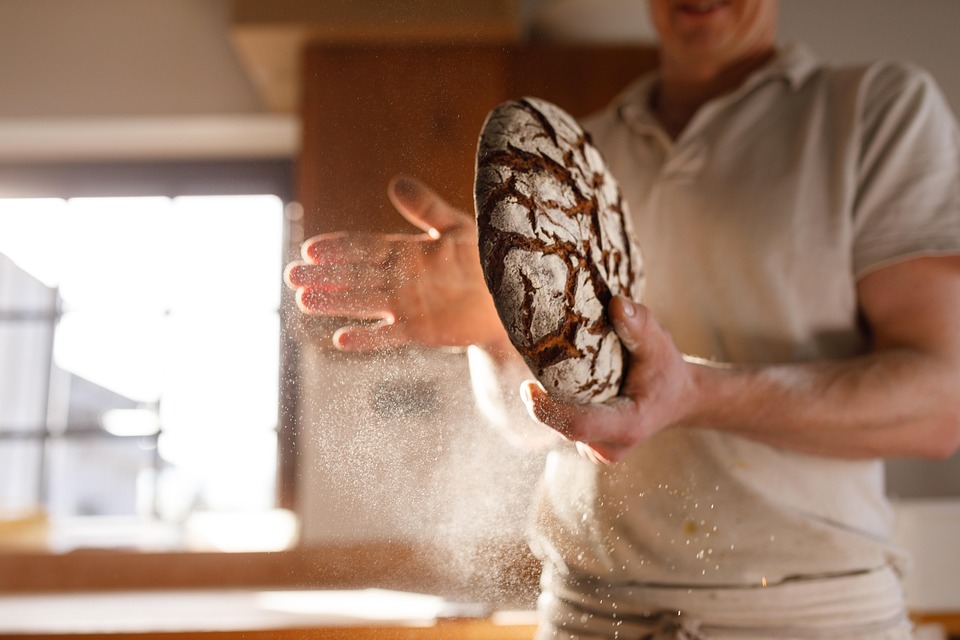In the world of baking, where creativity meets precision, having a well-crafted CV can make all the difference. Whether you’re an enthusiastic apprentice or a seasoned pastry chef, your CV is your personal showcase, highlighting your skills, experience, and unique flair. So, how do you create the perfect baker CV? Let’s delve into some essential tips.
1. Start with a Strong Profile Statement
Your CV should begin with a compelling profile statement. This is your chance to shine, to convey your passion for baking in a few concise sentences. Think of it as your personal brand. Are you known for your intricate wedding cakes? Or perhaps your signature sourdough loaves? Tailor this section to reflect your specific strengths and what you bring to the table—pun intended.
2. Highlight Relevant Experience
When it comes to experience, quality trumps quantity. List your most relevant positions, from bakery apprenticeships to roles in high-end restaurants. Include the following details for each role:
- Job Title: Be clear and accurate.
- Employer: Mention the bakery or establishment.
- Dates of Employment: Use a month/year format to keep it concise.
- Key Responsibilities: Focus on what you did, using action verbs like "crafted," "developed," or "managed."
For example, instead of saying "worked in a bakery," you could say "crafted artisanal bread, managing daily production to meet customer demand."
3. Showcase Your Skills
Skills are the backbone of any baker’s CV. Make sure to include a mix of hard and soft skills. Hard skills might include:
- Baking techniques (sourdough, pastry, chocolate work)
- Knowledge of food safety regulations
- Proficiency with kitchen equipment
Soft skills are equally vital. Highlight your ability to work under pressure, attention to detail, and teamwork. Consider using bullet points for clarity and impact.
4. Education and Qualifications
Formal training can set you apart in the competitive baking industry. List any relevant qualifications, such as:
- Baking and pastry diplomas
- Food hygiene certifications
- Workshops or courses attended
Don’t forget to include the name of the institution and the dates you attended. If you’ve won any awards or recognitions, this is the perfect place to showcase them.
5. Personal Projects and Passion
Baking is not just a job; it’s often a passion. If you’ve undertaken personal projects—like starting a baking blog, selling goods at local markets, or experimenting with unique flavours—include these experiences. They not only demonstrate your commitment to the craft but also your willingness to learn and innovate.
6. Tailor Your CV for Each Application
One size does not fit all when it comes to CVs. Tailoring your document to each job application can significantly improve your chances. Research the bakery or restaurant you’re applying to and reflect their ethos in your CV. If they focus on organic ingredients, highlight your experience with them.
7. Keep It Professional Yet Personal
While professionalism is crucial, don’t shy away from letting your personality shine through. A touch of creativity in the design—perhaps a subtle colour scheme or a unique layout—can make your CV stand out. Just ensure it remains readable and well-organised.
Baking the Final Product
Creating the perfect baker CV is an art in itself. With a blend of passion, skill, and attention to detail, you can craft a document that truly represents you. Remember, your CV is your first opportunity to impress potential employers, so make it count.
As you embark on this delicious journey of baking, keep refining your CV and drawing inspiration from the world around you. For more top-quality CV templates and guidance, CVPortal is here to provide you with all the resources you need. Happy baking!


